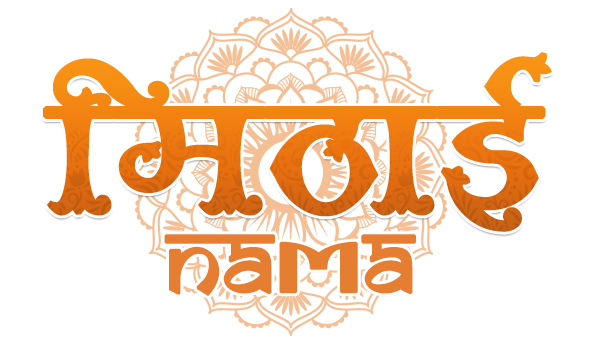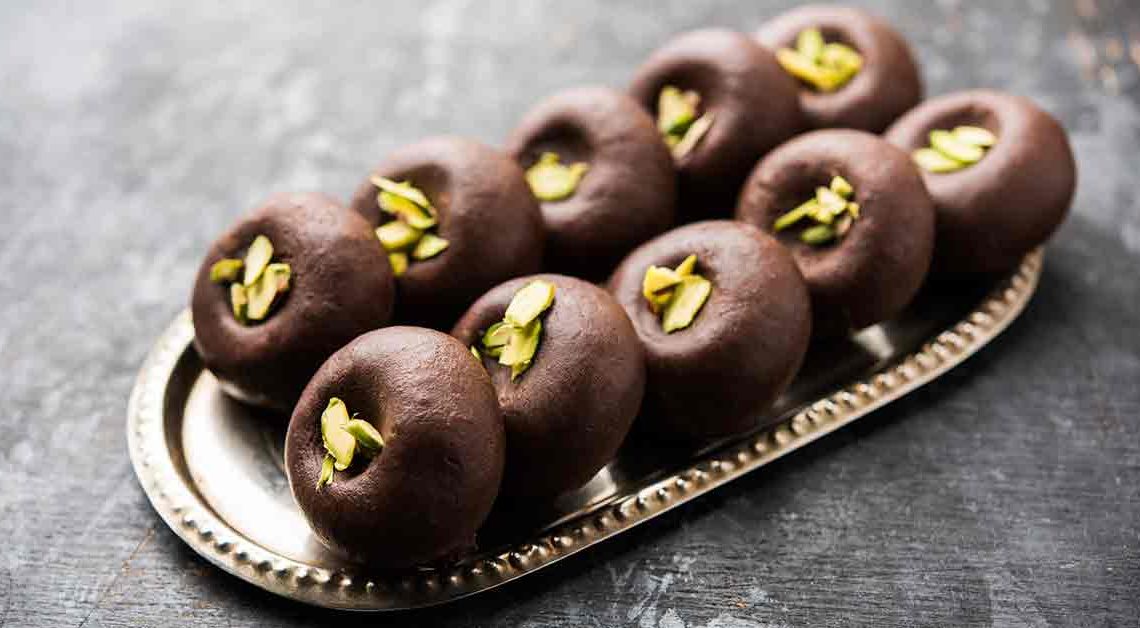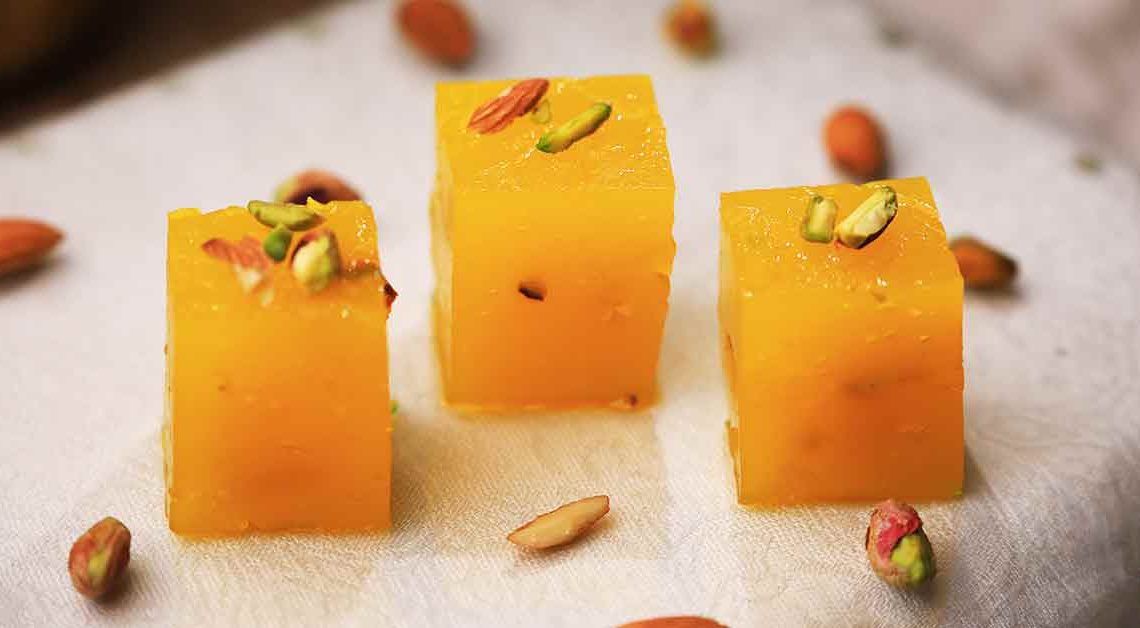Sweet Satisfaction: Doughnuts

People worldwide have fallen in love with doughnuts, those delicious round delicacies. These fried or baked delicacies, whether glazed, filled, or topped with a variety of exquisite flavours, have been combined into a wide range of cultures and cuisines. Explore the history, varieties, and absolute delight that doughnuts offer to our lives as you delve into the beautiful world of these sweet treats.
Origin of Doughnut
Doughnuts’ precise beginnings are cloaked in sugary mystery, and numerous theories and legends surround these special sweets. One thing is certain, however, obscure the specifics may be: doughnuts have a long and fascinating history. It has developed into the delicious pastries we know and loves today, from the ancient fried dough relished by various civilizations to the influence of the Dutch settlers in the United States. Doughnuts make countless people happy all over the world, whether it’s the traditional ring-shaped with a hole or the wide variety of flavours and fillings.
History Of Doughnut
The interesting trip through various cultures and eras that is the history of doughnuts spans centuries. It has its roots in ancient cultures, where several types of fried dough were popular. Fritters, which were frequently stuffed with fruits or meats, became a common food in medieval Europe. But it was the Dutch immigrants who brought their customary “olykoeks“—fried dough balls—to America in the 17th century.
A young sailor by the name of Hanson Gregory is credited with creating the well-known ring-shaped doughnut with a hole in the center in the middle of the 19th century. He improvised by removing the center before cooking using a tin pepper box since he was sick of the undercooked centers of conventional doughnuts. This invention led to the creation of the traditional doughnut form that we are all familiar with, in addition to ensuring equal cooking.
When the Salvation Army’s “Doughnut Girls” distributed them to American soldiers during World War I, it significantly increased in popularity. Doughnuts’ status as a sign of friendliness was cemented by this act of consolation and assistance from home, which was profoundly established in American culture.
Cultural Significance Of Doughnuts
Many cultures around the world place a high value, which are more than just wonderful pastries. Let’s look at the cultural significance and how they are valued and honoured in many places.
They have come to represent American culture and the country as a whole. They are a cherished delight and have a long history in the culinary world. Doughnut shops act as a neighbourhood gathering places where friends and family assemble to enjoy these sweet treats while exchanging jokes and anecdotes.
Where Doughnuts Is Famous
Doughnuts have achieved worldwide fame and are cherished in various parts of the globe. Let’s explore some of the regions where doughnuts have gained significant popularity and become a beloved treat.
- United States: From the iconic glazed doughnuts to an array of creative flavors and toppings, Doughnuts hold a special place in American culture.
- Canada: Canadians deeply regard doughnuts, with Tim Hortons being a national institution. Canadians indulge in Timbits, bite-sized doughnut holes, and a wide selection of traditional doughnut flavours.
- Australia: Australians have embraced doughnuts as a delicious satisfaction. Gourmet doughnut shops can be found in major cities, offering unique flavours like salted caramel, Nutella-filled, and even savoury options like bacon and cheese.
- United Kingdom: In the UK, doughnuts are known as “donuts”. Traditional ring-shaped donuts, often filled with jam or cream, are a popular choice.
- Germany: Germany has its own doughnut speciality called “Berliners” or “Pfannkuchen”. These are typically filled with fruit preserves, custard, or chocolate and are enjoyed during special occasions like Carnival.
- Japan: Doughnuts have gained popularity in Japan, with both traditional and unique flavours. Japanese doughnuts often feature matcha (green tea) flavours, red bean paste fillings, and intricate designs that reflect the country’s attention to detail.
- Mexico: In Mexico, doughnuts are known as “churros“. These long, fried dough pastries are often dusted with cinnamon sugar and enjoyed with a cup of hot chocolate. Churro stands can be found in markets and street corners, enticing locals and tourists alike.
- France: France has its own version of doughnuts called “beignets.” These pillowy, deep-fried dough pastries are typically dusted with powdered sugar and are enjoyed as a delightful treat with a cup of coffee.
These are just a few examples of regions where doughnuts have become famous and beloved. The universal appeal of doughnuts, with their irresistible flavors and textures, has made them a global sensation, bringing joy to people’s taste buds worldwide.
Interesting Facts And Trivia
- National Doughnut Day: Celebrated on the first Friday of June, National Doughnut Day honors the Salvation Army “Doughnut Lassies” who served doughnuts to soldiers during World War I. It has since become a day to enjoy and appreciate these delightful pastries.
- The Oldest Doughnut Shop: The world’s oldest operating doughnut shop is believed to be “Lahma’s Doughnuts” in Quincy, Massachusetts, which opened in 1968.
- The World’s Largest Doughnut: The largest doughnut ever made was created in Utica, New York, in 1993. It weighed a whopping 1.7 tons and had a diameter of 16 feet.
- The “Hole” Story: The iconic hole in the center of doughnuts has an interesting origin. It is said to have been created by a young sailor, Hanson Gregory, who punched a hole in the dough to ensure even cooking and to hold the doughnut while eating it.
- Doughnut Consumption: The United States is a doughnut-loving nation, consuming an estimated 10 billion doughnuts every year. That’s an average of 31 doughnuts per person annually!
- Dunking Tradition: Dunking doughnuts in coffee has become a popular practice. The tradition is believed to have started by sailors who dipped their doughnuts in coffee to soften them and make them easier to eat.
- The “Donut” vs. “Doughnut” Spelling: The word “doughnut” is the original and more traditional spelling. However, the shortened version, “donut,” gained popularity in the mid-20th century and is now commonly used.
- Doughnut Varieties: While the classic ring-shaped doughnut is the most well-known, there are various other types and shapes available. Some popular variations include filled doughnuts (with jelly, cream, or other fillings), twisted doughnut, doughnut holes (also known as “munchkins” or “Timbits”), and cake doughnut.
- Guinness World Records: The Guinness World Record for the largest box of doughnuts was set in 2020 in Canada. The box contained a staggering 3,480 doughnuts, weighing over 900 kilograms (2,000 pounds)!
- Doughnut-themed Festivals: Several cities around the world host doughnut-themed festivals, celebrating these delicious treats. One notable example is the “Doughnut Festival” held in Chicago, Illinois, featuring various doughnut vendors, activities, and live entertainment.
These fascinating facts and trivia shed light on the rich history and widespread popularity of doughnut. Whether you enjoy them glazed, filled, or with creative toppings, doughnut continue to bring joy to people of all ages and cultures. So, next time you indulge in a doughnut, remember these interesting tidbits and savour every delicious bite!







